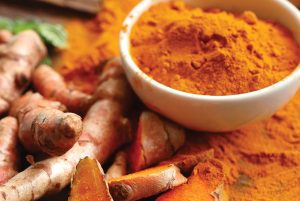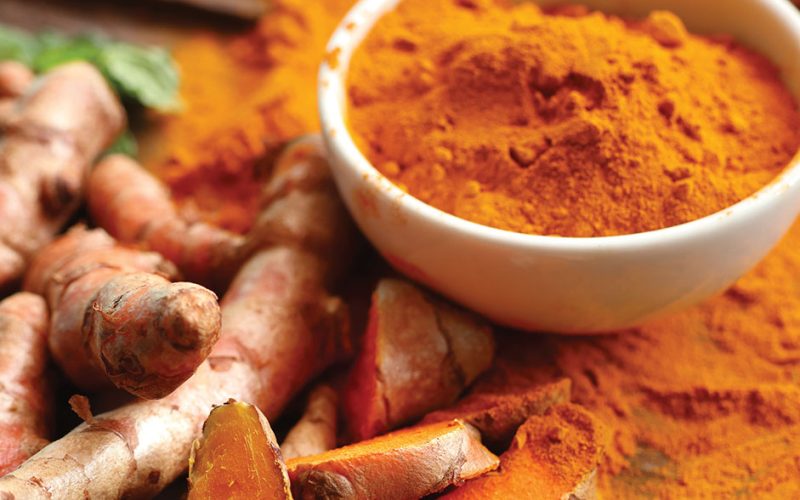Turmeric, often referred to as the “golden spice,” is a vibrant and aromatic herb that has been used for centuries in traditional medicine and cooking. This unassuming root, scientifically known as Curcuma longa, is renowned for its exceptional flavor and a wide range of health benefits. In this introductory overview, we will delve into the multifaceted world of turmeric and explore its many potential advantages for human health.
The History of Turmeric
Turmeric’s history is rich and culturally diverse. It has its roots in the Indian subcontinent, where it has been a staple in both traditional Ayurvedic and Chinese medicines for over 4,000 years. Over time, its popularity has spread to various parts of the world, making it a global superstar in the world of natural remedies.
Active Compound: Curcumin
One of the primary reasons behind turmeric’s health benefits is curcumin, a potent compound responsible for its distinctive color and many of its healing properties. Curcumin is a polyphenol with strong anti-inflammatory and antioxidant properties, making it the key player in the health-promoting potential of turmeric.

Anti-Inflammatory Effects
Chronic inflammation is associated with numerous health problems, from arthritis to heart disease. Curcumin’s ability to combat inflammation in the body is one of its most celebrated benefits. It helps to suppress inflammation-related signaling pathways, potentially reducing the risk of various chronic diseases.
Antioxidant Power
Oxidative stress, caused by an imbalance between antioxidants and free radicals, can lead to cell damage and contribute to aging and chronic diseases. Curcumin’s potent antioxidant properties help neutralize free radicals, protecting cells and tissues from oxidative damage.
Pain Relief
The anti-inflammatory and analgesic (pain-relieving) properties of curcumin have made it a natural remedy for managing pain associated with conditions like arthritis. Many people turn to turmeric supplements or incorporate it into their diet to alleviate pain and discomfort.
Brain Health
Curcumin has shown promise in supporting cognitive function and potentially reducing the risk of neurodegenerative diseases like Alzheimer’s. Its ability to cross the blood-brain barrier and its anti-inflammatory and antioxidant effects in the brain are areas of active research.
Heart Health
Curcumin may help improve heart health by reducing risk factors for heart disease. It can enhance the function of the endothelium (the lining of blood vessels), regulate blood pressure, and reduce inflammation, contributing to a healthier cardiovascular system.
Digestive Wellness
In traditional medicine, turmeric has been used to aid digestion. It may help reduce symptoms of irritable bowel syndrome (IBS) and other digestive issues. Its anti-inflammatory properties can soothe the digestive tract.
Potential Cancer Prevention
Emerging research suggests that curcumin may have anticancer properties. It can inhibit the growth of cancer cells and help prevent the spread of tumors. While more research is needed, the potential is promising.

Conclusion
Turmeric is a versatile spice with a rich history and an impressive array of health benefits. Its active compound, curcumin, holds the key to its anti-inflammatory, antioxidant, and numerous other potential health advantages. Whether you sprinkle it on your food, brew a soothing cup of turmeric tea, or opt for supplements, incorporating turmeric into your daily routine can be a flavorful and nutritious choice. While it’s not a magical cure-all, turmeric’s long-established role in traditional medicine, coupled with modern scientific research, makes it a worthwhile addition to a balanced and healthy lifestyle. As always, consult with a healthcare professional before making any significant dietary or health-related changes to ensure they are appropriate for your individual needs.












